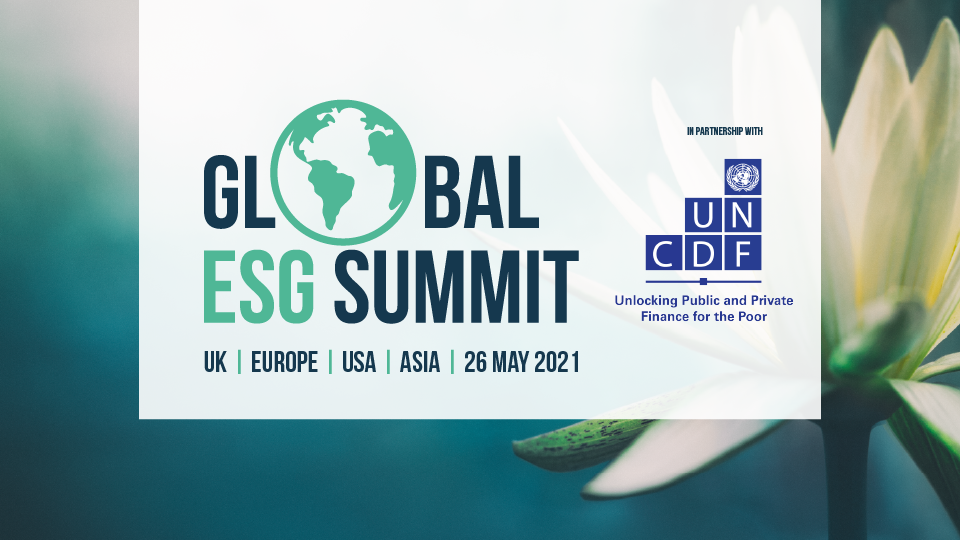Growing awareness among Asian investors that they don’t need to sacrifice returns with ESG is leading to enhanced due diligence amid ever-greater appetite for sustainable funds.
Europe’s lengthier ESG experience has highlighted there is no trade-off between financial performance and environmental or social impact, explained Anne-Laurence Roucher, deputy chief executive officer and head of development, finance and operations at Mirova. “This unleashes more interest in sustainable investing.”
While Asian investors have started their ESG journey later, Roucher said they are quick to adapt.
Money from private investors is following institutional funds in targeting sustainable themes, observed Yvonne Leung, head of managed solutions for JP Morgan Private Bank in Asia.
In particular, many Asian clients have been investing in climate-related funds, given the number of launches and broader current trends, added Kanol Pal, senior adviser, responsible investments at BNP Paribas Wealth Management.
More precise assessments
More demand for sustainable funds is bringing with it closer scrutiny by investors into how well a company’s management is accounting for ESG issues in the running the business.
In a global economy where there is a greater need for products and services to solve the pressing environmental and social needs, investors such as Preyesh Patel, senior ESG analyst for Franklin Templeton Emerging Markets Equity, looks to align positive outcomes within a portfolio – from well-being to healthier lifestyles to positive climate impact.
“These investments have the opportunity for real long-term growth. This is how public capital can help achieve the UN SDG agenda,” he explained.
Yet the extent to which ESG adds value is hard to measure.
According to Leung, fundamental characteristics such as the quality of company disclosures on ESG-related information plays a key role. “We want to see consistency, comparability and reliability in sustainability reports,” she said.
As efforts grow to link ESG ratings to investment performance, Patel said the more highly-rated companies from an ESG perspective that he comes across show better levels of profitability, lower tail risk and have a lower cost of capital. “These characteristics translate into investment performance.”
Putting managers to the test
For fund gatekeepers, internal practices typically involve detailed questions to external asset managers about their ESG-related investment processes.
BNP Paribas Wealth Management, for example, looks at a fund house’s ESG framework, exclusion policy, voting and engagement processes, quality of the investment team, and the intended impact.
“We do due diligence on performance as well as apply our ESG rating methodology,” said Pal. As a result, there is no trade-off between ESG and performance for funds that BNP Paribas Wealth Management onboards, he added.
JP Morgan Private Bank, meanwhile, assesses the companies and individual securities in a fund’s holdings, to avoid reputational risks. “We want to understand if funds walk the talk,” said Leung.
Making an impact
Regardless of whether the focus is on the ‘E’, ‘S’ or ‘G’ component, meanwhile, Roucher sees investors as increasingly focused on what she calls the “intensity of the sustainability approach”.
This translates to investors paying more attention to the level of impact, she explained.
Assessing this comes down to a mix of how much ESG is embedded, the additional benefits from the strategy and how the impact is measured. This is more of a focus in Europe, and will likely become more prominent in Asia, too, she said.
The full Asia-focused event can be viewed after free registration. The US-based and the UK/Europe-based event also are available on demand.









